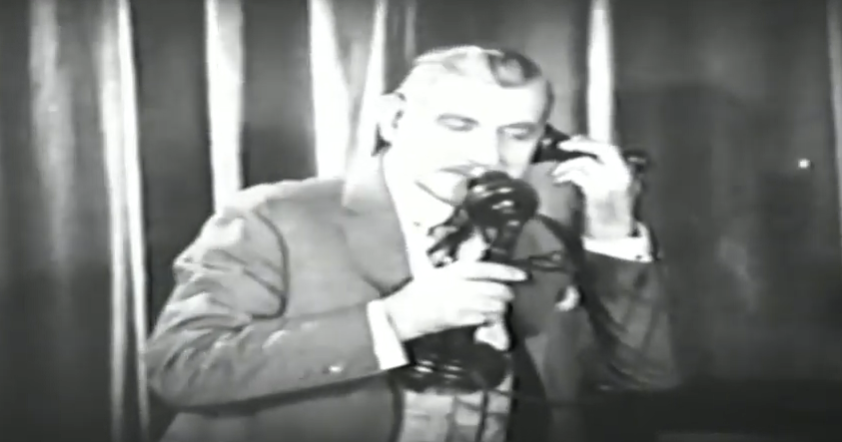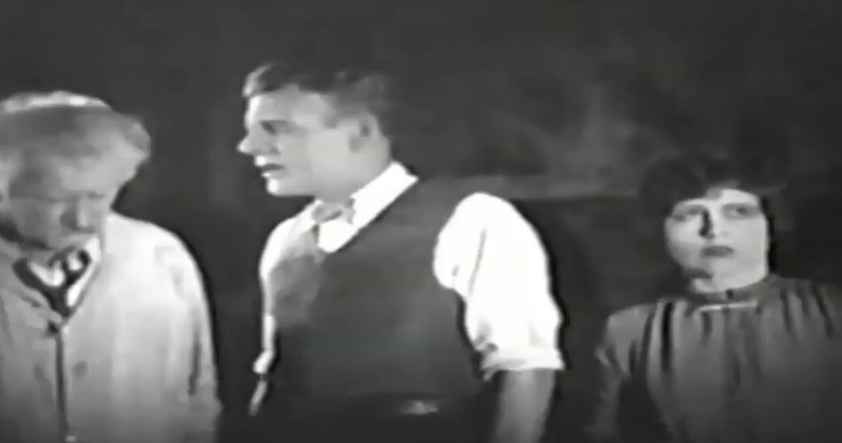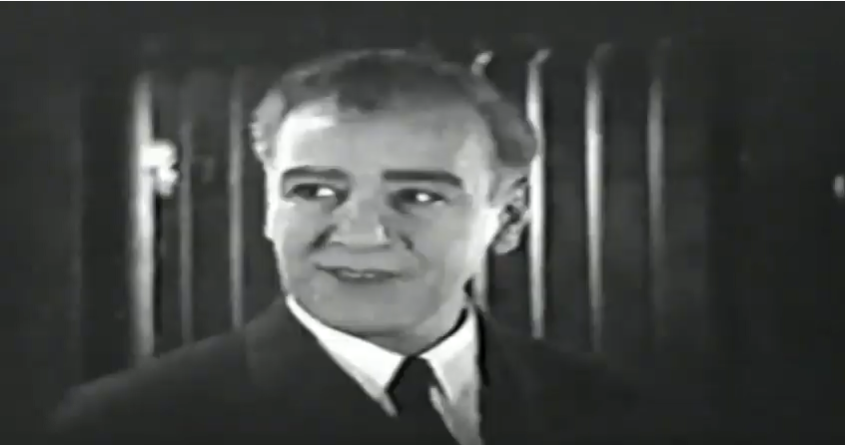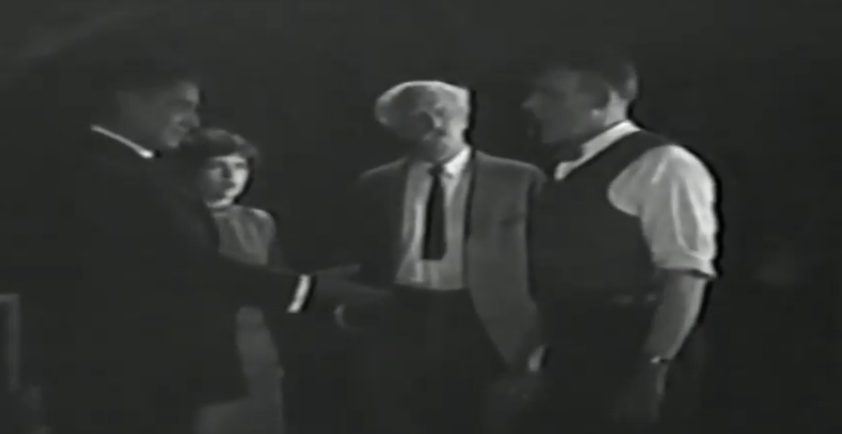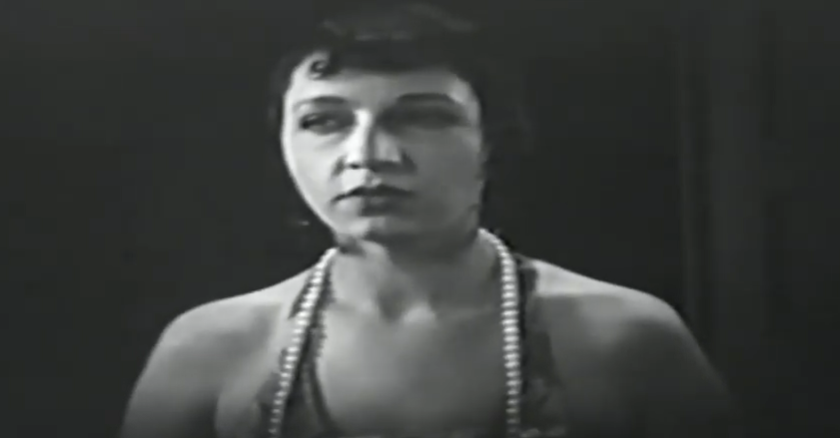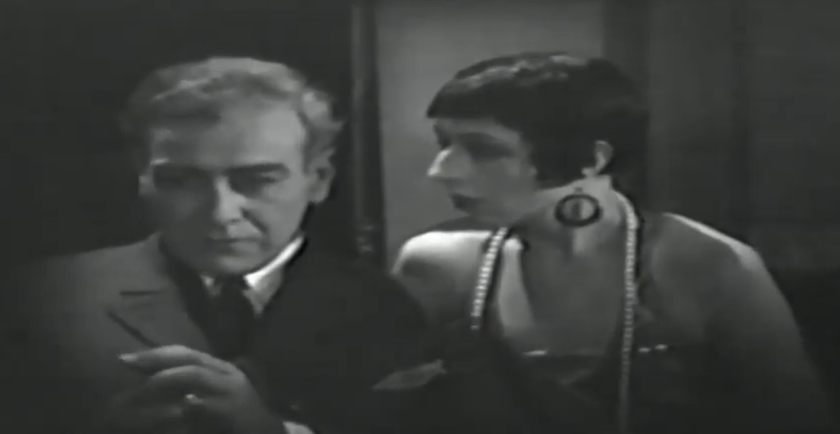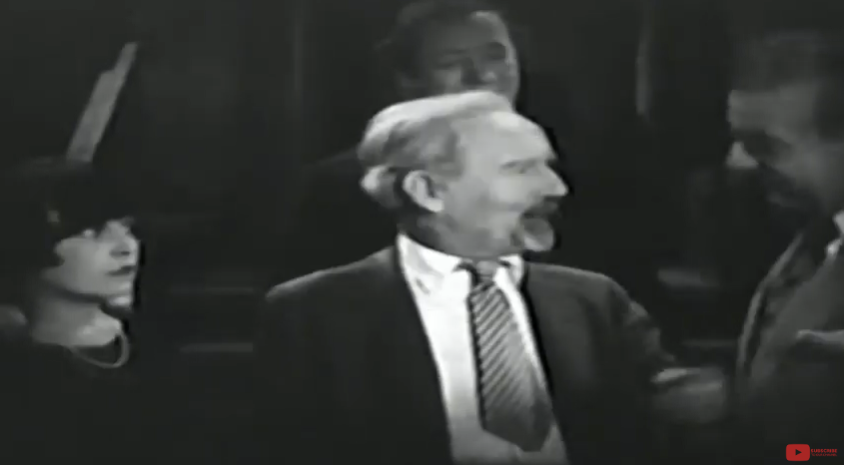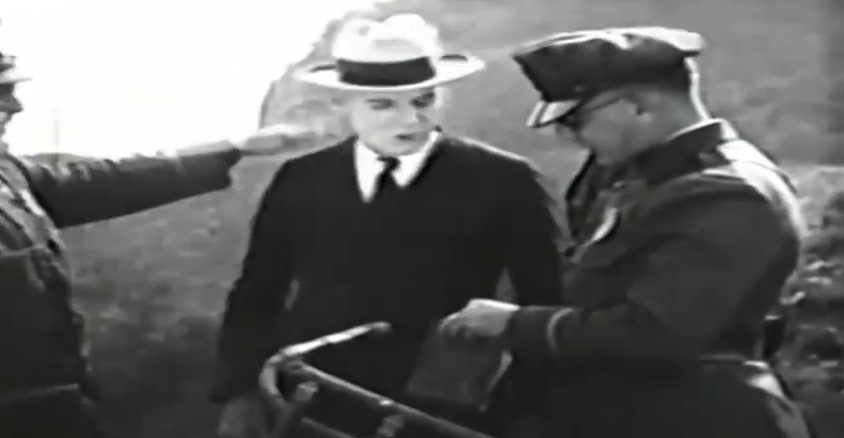-
#404 – The Power God (1925)
The Power God (1925)
Film review #404
Directors: Francis Ford, Ben F. Wilson
SYNOPSIS: Professor Sturgess, with his assistant Jim Thorpe, has invented a machine that can draw infinite power from the air, which will be sure to revolutionise the way energy is produced. However, this invention has drawn the attention of the coal and oil companies, who have agreed that the invention is a threat to their monopolies, and must be destroyed. They hire career criminal Weston Dore to deal with Sturgess, but Dore has other plans to steal the invention for himself and become the new “power God”…
THOUGHTS/ANALYSIS: The Power God is a 1925 movie serial comprised of fifteen chapters, and one of the few serials that has sadly survived from that time. The story opens up with Professor Sturgess and his assistant Jim Thorpe finishing development on a machine described as “the marvel of the radio-electric age,” which can draw power directly from the air, providing a nearly infinite source of energy. This machine has drawn unwanted attention from the traditional energy businesses, who fear the collapse of their industry, hire criminal Weston Dore to get a hold of the machine by any means necessary. When Dore tries to buy the machine from Sturgess with the aim of suppressing it, Sturgess refuses. Dore then has to change plan and has Sturgess killed. With enemies closing in, Thorpe and Strugess’ daughter Aileen have to hide the machine and protect the invention from falling into Dore’s hands, who decides to try and keep the invention for himself to become the new “power God” of the modern world. The story has a familiar setup as with most serials, but this is one of the serials that defined the format for twenty years, and provided a ready-made template for companies like Republic and Universal to pump out similar serials in around a month or so.
At the time it was released, The Power God would have been something many people had not seen before, particularly in the science-fiction genre. Compared to those other serials, The Power God is a strong example of the potential of the format’s storytelling potential. Following Jim asking Professor Sturgess’ approval to marry Aileen and being refused, the two decide to elope and marry in secret. However, a car accident involving her and Dore in another car leads to her losing her memory, and when their rescuers believe Dore to be Aileen’s wife due to the wedding ring they found (which was for Jim), Dore capitalises on this for his schemes and tries to convince Aileen she is his wife while her memory is gone. This is quite a complex situation, and takes up the first few episodes as Jim tries to rescue Aileen and stop her from signing over her Father’s estate to Dore, as well as trying to get her to recover her memory. There’s definitely plenty going on in this story, and each chapter feels a bit different and pushes the story forward, instead of other serials where each chapter is just the foiling of another scheme, a fist fight, and a cliffhanger. The Power God goes through a number of plans and schemes, fleshing them out in depth, and advancing the story in a structured way, as well as introducing new characters that add something new along the way.
The characters themselves are the typical cast of serials: you have the broad-shouldered white male for the lead who does most of the action, a female secondary character who gets captured a lot, a scientist, a criminal villain…they’re all here in some capacity. However, the characters are given plenty of development to make them feel unique. Dore is intent on getting the machine for himself, and his interactions with his calculating wife Carrie give him a bit more of a human dimension. We are also introduced to Carrie’s brother later on, who again changes up the dynamic and keeps things interesting. A mysterious man who aids Thorpe and Aileen from time to time without explaining his motives adds an element of intrigue as to what his role is. He is often just called “the Hindu,” which I’m sure would have been appropriate for the time. He at least is not played by a white actor in ‘blackface,’ but his actor, a native American, does seem to have a bit of makeup on to darken his skin. There are also two black men who are characterised as ‘simple minded,’ which is sadly how every black person on film was depicted in this time. These are certainly problematic, and a product of their time.
The serial is well produced and shot, with plenty of consideration into camera angles and scene-setting. Some of the action scenes, such as on the train near the end, would no doubt taken some effort to pull off. The fight scenes are less well done, and they mostly feel like a chaotic scrap. I don’t think choreography for fight scenes had really been established or developed at the time. The most peculiar aspect of the film for me is the ending: after Dore is stopped and the machine recovered, Aileen and Thorpe realise this machine that will revolutionise how energy is produced will have the consequence of putting thousands of people out of work. In realisation of this, they simply decide to destroy the machine to preserve the status quo. This is a bit of an anti-climax since the viewer will have watched this serial for five hours to see them recover the device, only for it to be willingly destroyed. Also it seems to have the message that invention, science and progress should only be allowed as long as they don’t upset the status quo, or put people in poor working conditions out of a job. The messaging that progress and change is bad does not feel natural, it feels forced and tacked onto the end. It is highly reminiscent of early Soviet cinema where such an ending would be stuck on the end to fit certain propaganda and messaging: the hero would realise his foolishness at independent thought, and would heroically take his place in the system. The example that comes to mind is the Russian film Gold in particular. I wonder if this ending was intentionally made to not upset big business, or they could not figure out any other ending. Either way, it’s not a satisfying payoff, and is rather suspect. Overall though, The Power God is a good serial that has plenty of content, as well as twists and turns that keep things fresh and interesting. The characters are well defined and undergo enough development throughout. There’s some problems around its racial characterisations and the questionable ending, but it certainly provides a template for the format as it was used in the years after it until its demise.

